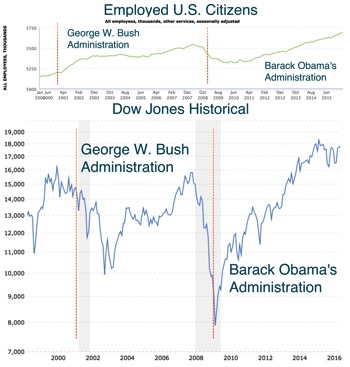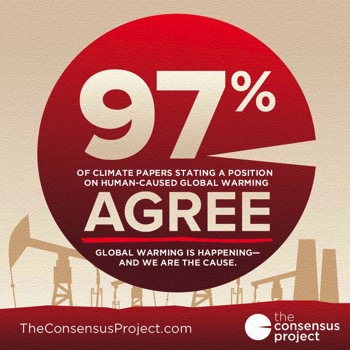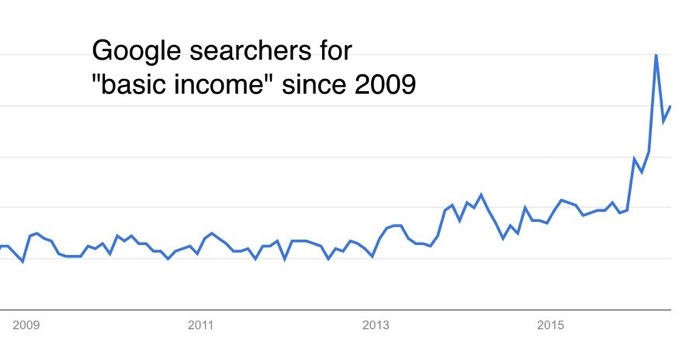I ran across this Guardian article (Reboot: Adidas to make shoes in Germany again – but using robots) yesterday morning and posted it to my Facebook timeline immediately. I wrote, “The manufacturing jobs that once brought prosperity to many of our towns and cities will not be coming back, if this article represents a trend – and there’s no reason to think it does not.”
There is a caption on the Guardian page that reads,
If robots are the future of work, where do humans fit in?”1
I think this is an interesting question – and it should not necessarily make us afraid. Why not consider it an opportunity. If we no longer need the economic contribution of every adult to make our national economies work, then a lot of us, a whole lot of us, will be freed. I do not make this statement lightly. Having mostly retired from kmy work life, I have experienced some of the inevitable depression that comes from reflecting on how much my work has dominated more than half of my 60+ years – and I’ve had the most interesting career that I can imagine. It seems to me that working for a living, as a necessity, is a bit unfair – not that I would give up any of my time in the field of education.
Perhaps the more interesting question should be, “What would you like to be doing?”
If the answer is, “Getting stoned and watching TV.” Then we have a problem, and I have no doubt that this would be a common answer. Assuming that I am right, I would suggest that one of most important goals of our public schools in the near future might be, assuring that for our students, the answer to that question is something a lot more productive and interesting.
I ran across this article, just minutes after posting this entry: iPhone manufacturer Foxconn is replacing 60,000 workers with robots
1France-Presse, A. (2016, May 24). Reboot: Adidas to make shoes in Germany again – but using robots. The Guardian [London]. Retrieved from http://www.theguardian.com/world/2016/may/25/adidas-to-sell-robot-made-shoes-from-2017



 In my work I ran across many ordinary youngsters who — with access to technology, supportive teachers and unconstrained curiosity — did extraordinary things. It all begs for a more empowering and imaginative way of educating our children.
In my work I ran across many ordinary youngsters who — with access to technology, supportive teachers and unconstrained curiosity — did extraordinary things. It all begs for a more empowering and imaginative way of educating our children. 
